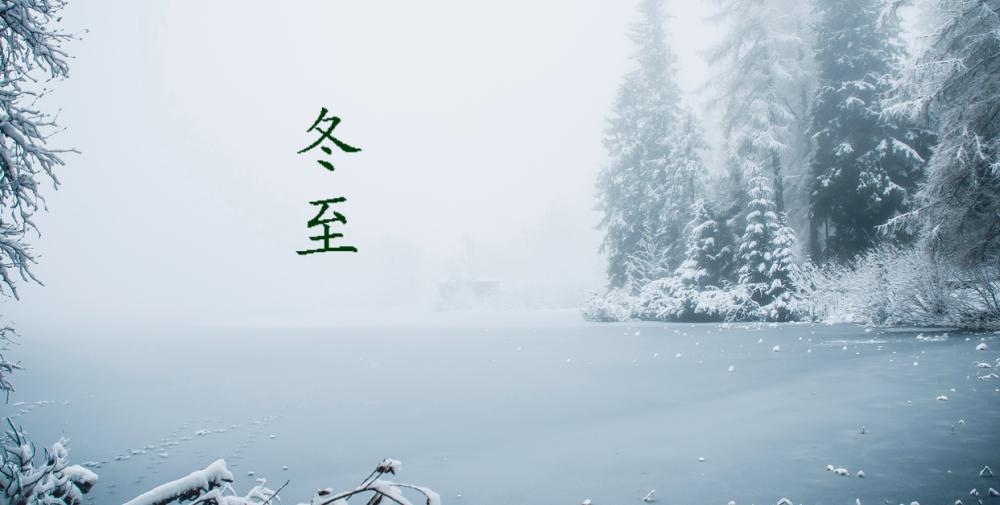The winter solstice is not only one of the twenty-four solar terms, but also an important traditional festival in ancient China, with the saying that "the winter solstice is as big as the year". Although there will be differences in customs and content due to different regions, the winter solstice customs of family reunion are consistent everywhere, but due to the long period of eunuch travel, ancient literati could not achieve family reunion on the winter solstice day, so there were many literary works expressing homesickness and nostalgia in the ancient literati pen.

The poem "Thinking of the Night Of the Winter Solstice in Handan" shared with you in this article is a seven-sentence poem written by the Tang Dynasty poet Bai Juyi on the winter solstice day of the twentieth year (804) of Emperor Dezong of Tang. According to records, at that time, Bai Juyi was the secretary of the provincial school scrivener, and was traveling outside, staying in the Handan inn overnight. So on this day that should have been spent with his relatives, Bai Juyi, who could only face it alone, had the feeling to attack this song "Handan Winter Solstice Night Thinking Home".
As we all know, Bai Juyi's poetic works have always been known for their shallow language and plain simplicity. However, it is worth mentioning that although this "Handan Winter Solstice Night Sijia" is plain and simple, it has an exquisite and unique side in its conception, and the whole text seems to have no "thinking" word, but it is full of Bai Juyi's strong homesickness and nostalgia. Let's take a specific look at Bai Juyi's "Handan Winter Solstice Night Home":
Handan Yili is on the winter solstice, holding the knee lamp in front of the shadow.
If you want to sit at home late at night, you should also talk about distant pedestrians.
First of all, the first two sentences of the poem, "Every winter solstice in Handan Yili, holding the shadow in front of the knee lamp", are documentaries, mainly describing the scene of Bai Juyi's eunuch wandering outside and staying overnight in Handan Yi's house to spend the winter solstice. It means that when I lived at Handan Station, it happened to be the winter solstice festival, and because I couldn't celebrate with my relatives, I could only sit in front of the lamp with my knees in my arms, accompanied only by my own shadow.
Although Here Bai Juyi did not describe the lively scene of the lights of thousands of homes outside the station, but combined with the poetic scene, it is presumable that Bai Juyi saw the joy of other people's homes, so he specially portrayed the image of himself sitting on his knees and shadowing. Undoubtedly, under the plain and simple language, it is Bai Juyi's sense of loneliness, homesickness, and nostalgia.
Therefore, in the last two sentences of the poem, "If you want to sit at home late at night, you should also talk about distant people", Bai Juyi began to focus on how he thought about home on the night of the winter solstice in Handan through his imagination. That is, I guess that the family members in my hometown will definitely meet until late at night today, and the mouth is still talking about me, a distant tourist.
Although Bai Juyi's works usually express emotions, from these two poems, we can see that he wrote music in order to express his "homesick" emotions. That is to say, Bai Juyi did not write about how he missed his hometown and relatives, but instead wrote about how his family missed himself outside, and did not sleep until late at night. And mutual emotions have always been the most moving, so even without flowery words, the homesickness and nostalgia here have been vividly expressed.
Finally, today is also the winter solstice festival, reading the Tang Dynasty poet Bai Juyi's "Handan Winter Solstice Night Thinking Home", I think everyone has the same feeling in their hearts, after all, most people are also a person who travels far, but the reasons for the long trip are different.
The image comes from the Internet and the copyright belongs to the original author